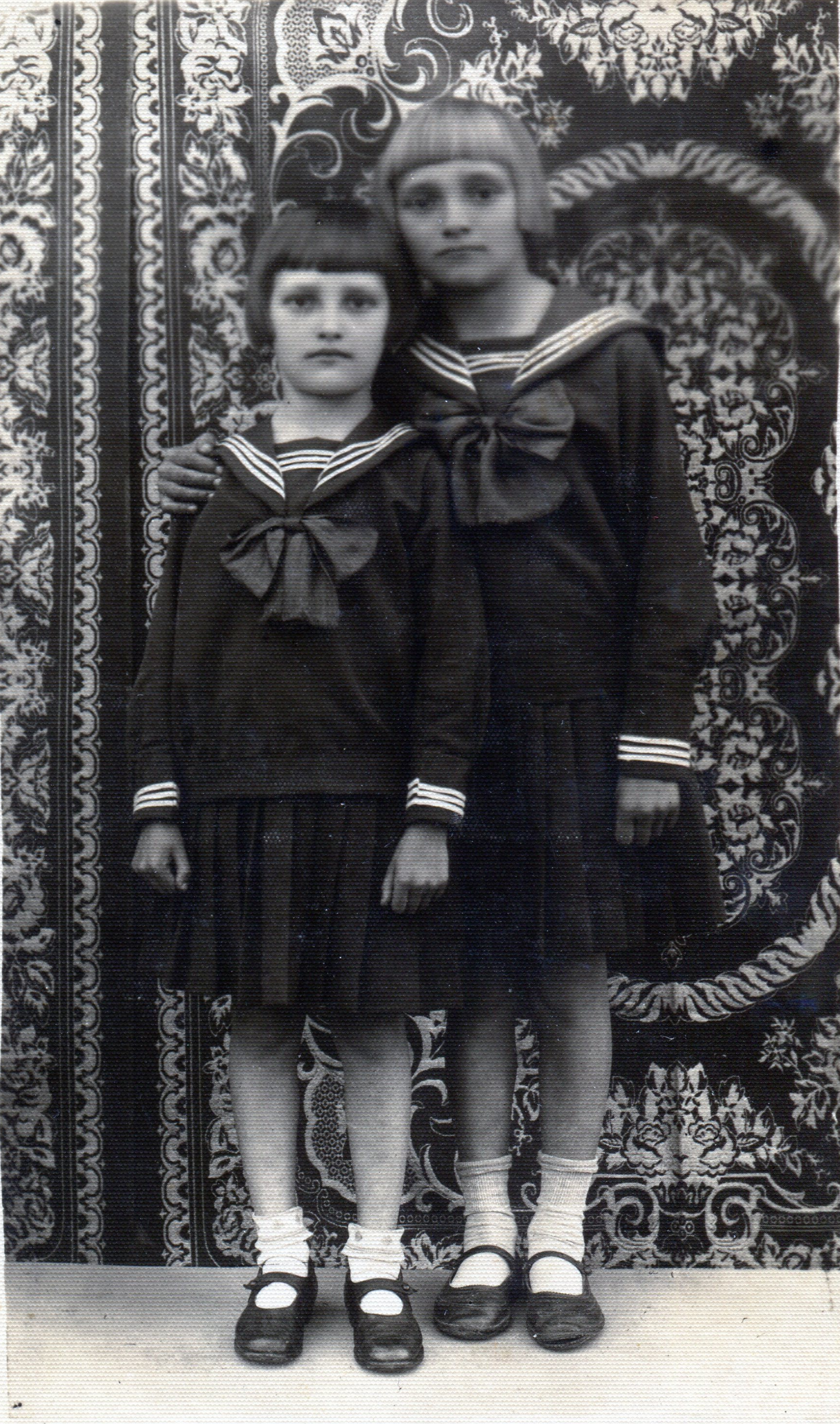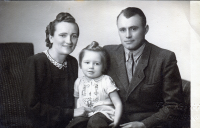We take life as it is

Stáhnout obrázek
Olga Bílková, née Glajchová, was born on October 5, 1923 in Český Straklov , in the district of Dubno in Volhynia in what was then Poland. Her grandparents moved to Volhynia in 1868. Her father worked as a carpenter and her mother took care of the household. When the war came, German soldiers shot and killed her father, allegedly by mistake. As an „apology“ the wife and two orphaned daughters received from German soldiers a washtub of lard. With one month left until Olga’s graduation, the occupation authorities shut down secondary schools. The witness was then able to teach children at a Ukrainian school. At nineteen, she married Vladimír Bílek, who later enlisted in the 1st Czechoslovak Army Corps. After the war, the family re-emigrated to Czechoslovakia, in the year 1947 they spent two weeks traveling by train with their daughter Zdenka. For thirteen years the family lived in Píšťany near Litoměřice and according to the witness they felt like intruders. Olga started sewing clothes and had a number of satisfied customers. After some time, the family moved to Litoměřice where the witness lived in the time of filming an interview in the year in 2019.





